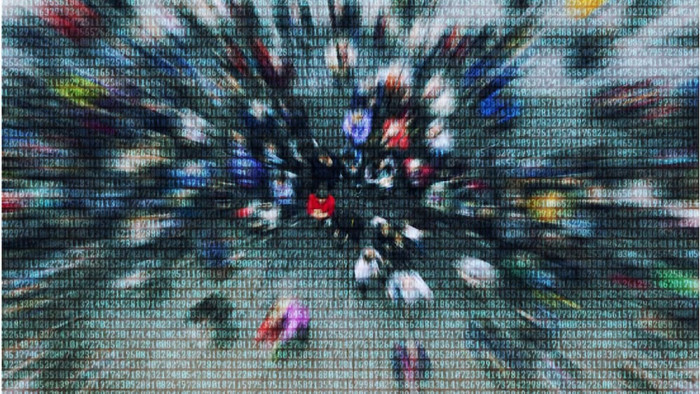
Digital or not, fair trial principles apply – challenges of e-evidence and the right to a fair trial
In an increasingly digitalised world, electronic data, such as the contents of communications exchanged on social media or personal information about the subscriber of an email account, may contain critical information that could be used to incriminate someone, or to prove they’re not guilty of the crime they’ve been accused of. Unlike traditional evidence however, electronic data may be stored or held by a company, often in a country other than where the criminal investigation is taking place.
In our recent policy brief ‘The impact on the procedural rights of defendants of cross-border access to electronic data through judicial cooperation in criminal matters’, we analyse the impact on human rights of current mechanisms that allow for cross-border access to electronic data. There are clear concerns around e-evidence and the right to a fair trial, particularly over a lack of accountability with respect to the use of the existing mechanisms, and implications on the rule of law. The report makes a number of recommendations, including a presumption of prior notification of people whose personal data is being sought and a promptly disclosure of electronic data to the defence.
There are formal cross-border judicial cooperation mechanisms for evidence gathering – including mutual legal assistance treaties between the EU or its Member States and third countries and international agreements. More surprising perhaps, is that prosecuting and judicial authorities can seek to obtain electronic data directly from the private companies that hold it, through a power under national law or even outside any formal legal framework.
Fundamentally, these tools are one-sided, designed according to the needs of law enforcement authorities and not the needs of the defence. They require a high level of trust in the objectivity of law enforcement authorities to gather both incriminatory and exculpatory information. But whatever the tool or the data sought, the fundamental right to a fair trial applies.
Unfortunately, there are a number of areas in current law and practice on electronic data exchange which threaten the fairness of a criminal process, and in particular the ability of the accused to prepare their defence – requests for data can too easily be kept confidential from the suspect or the accused. There are also difficulties in holding law enforcement agencies to account for unlawful or disproportionate uses of cross border evidence gathering tools.
The rule of law relies upon a fair criminal justice system – that’s why the exchange of electronic data also has broader implications that extend beyond individual criminal proceedings. States have legitimate reasons to give law enforcement authorities legal powers to investigate and prosecute crimes, but this does not mean that they have a blank cheque to do whatever they like. Our paper includes several recommendations for reforms to law and practice to mitigate the key risks for the fairness of the criminal justice system inherent in the cross-border gathering and exchange of evidence.
The brief has been prepared in the context of the JUD-IT (Judicial Cooperation in Criminal Matters and Electronic IT Data in the EU: Ensuring Efficient Cross-Border Cooperation and Mutual Trust) Project, and supported by the Justice Programme of the European Union.


